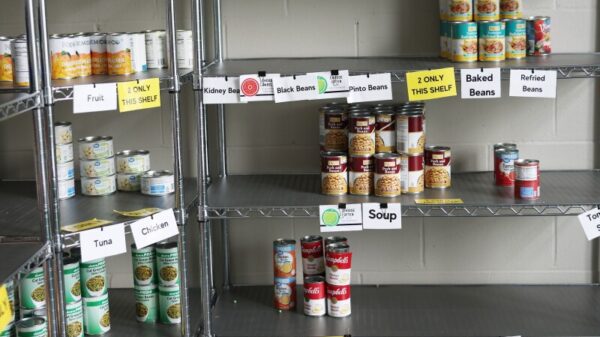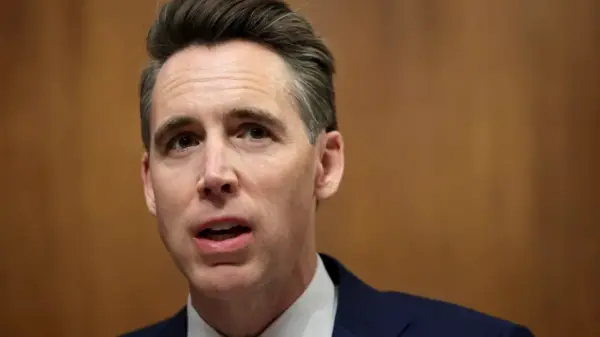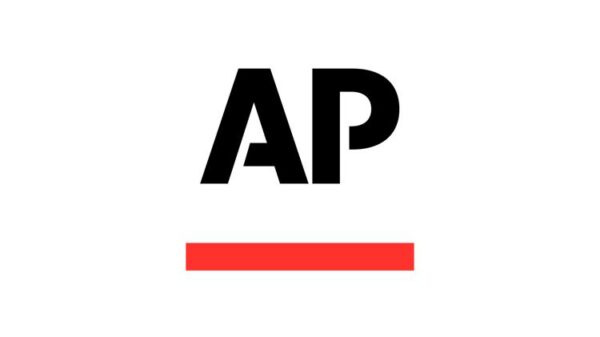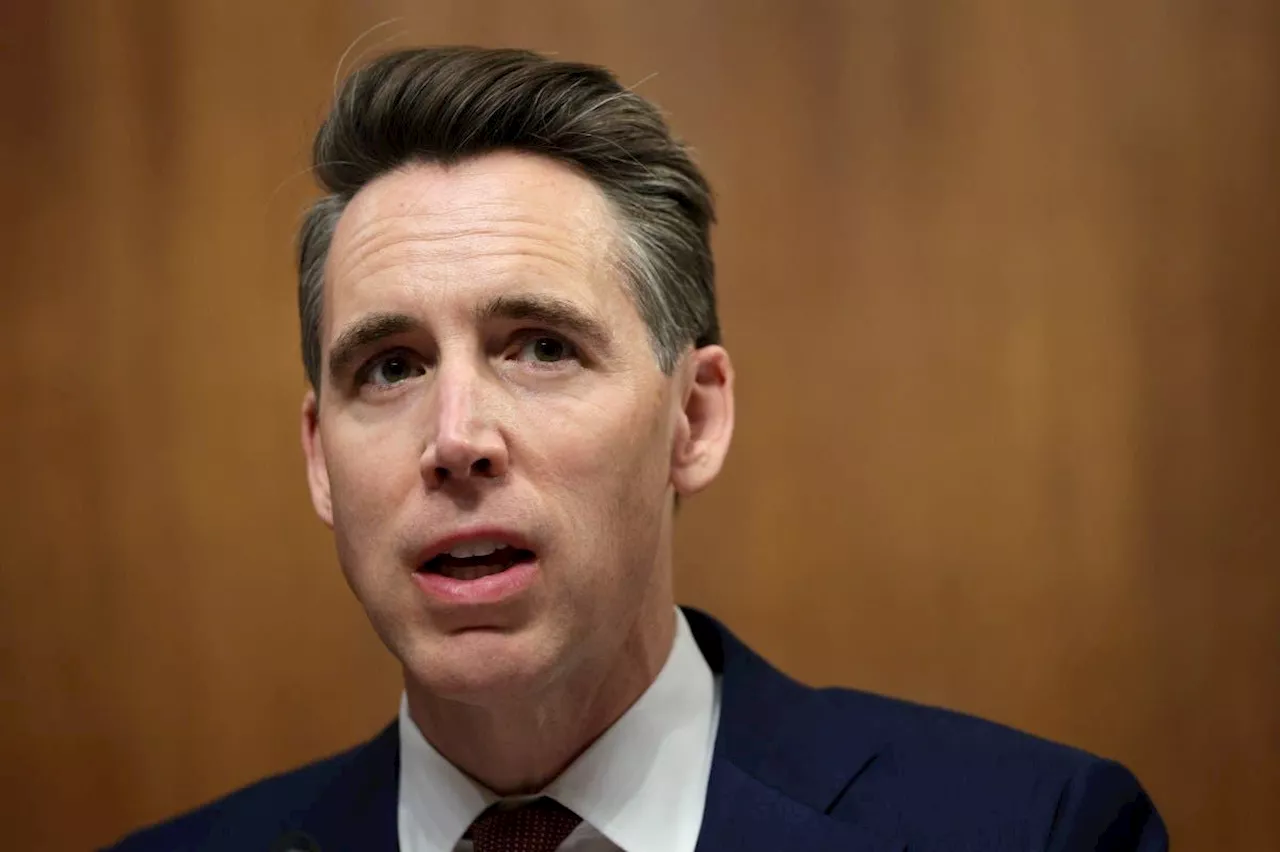A coalition of over two dozen Democratic attorneys general and governors has initiated a lawsuit against the Trump administration. The legal action arises from the administration’s suspension of federal food benefits during the recent government shutdown. This situation has placed the Supplemental Nutrition Assistance Program (SNAP), which supports approximately one in eight Americans with an average monthly benefit of $187, in jeopardy.
The funding for SNAP, which totals about $8 billion monthly, relies on annual congressional appropriations that lapsed on October 1, 2023. A recent statement from the U.S. Department of Agriculture (USDA) indicated that due to this lapse, contingency funds intended for SNAP could not be used to cover regular benefits. This move has sparked widespread concerns, leading to legal action from state officials who argue that the administration’s decision violates federal law.
Details of the Legal Challenge
California Governor Gavin Newsom and Attorney General Rob Bonta are among the prominent figures leading this coalition. They assert that the federal government has a legal obligation to ensure that SNAP benefits continue, particularly in light of the available contingency funds. According to the USDA’s prior guidelines, these funds should have been utilized to maintain SNAP operations during funding lapses.
The USDA had previously outlined plans indicating that multi-year contingency funds were available to ensure program continuity even during government shutdowns. However, recent communications from the department suggest that these funds are now deemed insufficient for covering regular benefits. This shift has led to confusion and frustration among state officials, who argue that the administration is using SNAP funding as a political tool rather than fulfilling its obligations to vulnerable populations.
Expert Opinions on Funding and Political Implications
Critics of the Trump administration’s stance, including budget experts from organizations like the Center for American Progress, contend that the administration is misinterpreting the purpose of SNAP funding. Bobby Kogan, a representative from the center-left think tank, emphasized that the intent of SNAP is to provide benefits, and available funds should be utilized for this purpose. He remarked, “If you have an entitlement to something, and you have money that can fill that use, then you must fill that use.”
Furthermore, the administration has recently redirected funds, such as a $300 million transfer to continue support for the Special Supplemental Nutrition Program for Women, Infants, and Children (WIC). Critics argue that this demonstrates the administration’s capability to allocate funds appropriately and raises questions about why SNAP benefits are not being similarly prioritized.
Devin O’Connor from the Center on Budget and Policy Priorities noted that the USDA’s previous policies indicated contingency funds were designed for situations like the current government shutdown. He warned that prolonged shutdowns lead to adverse consequences for federal programs and the populations they serve, stating, “When you shut down the government, bad things happen, and the longer the government is shut down, the more bad things will happen.”
The lawsuit highlights the urgent need for a resolution to the funding issues affecting SNAP, a program vital for millions of Americans. As the dispute unfolds, the implications for food security and the political landscape will be closely monitored by both supporters and critics of the administration’s actions.






































































